Author: Abelard
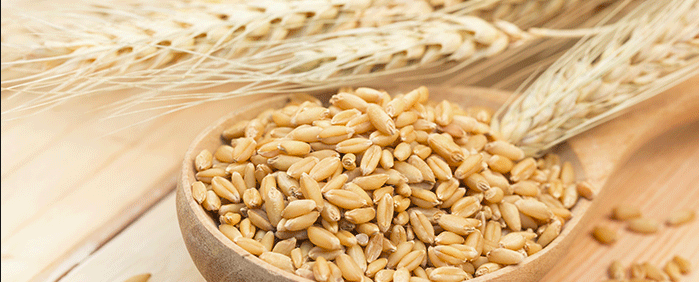
Save the Farmer’s Seeds
March 27, 2020Because they do not have the right to exchange seeds and plants, farmers find it increasingly difficult to cultivate tasty old varieties or terroir, or those that they develop to do without pesticides. Consumers are thus most of the time faced with vegetables, fruits, cereals and other foods from standard varieties, which are increasingly tasteless, unbalanced […]
Read More
Is BIO soluble in chemicals?
March 27, 2020SADDIER OBJECTIVE: Organic has become too serious a business to leave it in the hands of organic people. It should not interfere with Reasoned Agriculture, but can still represent market shares of interest to mass distribution and which should not be abandoned to our foreign “competitors”. In France, for bio as for the rest, we have scientists […]
Read More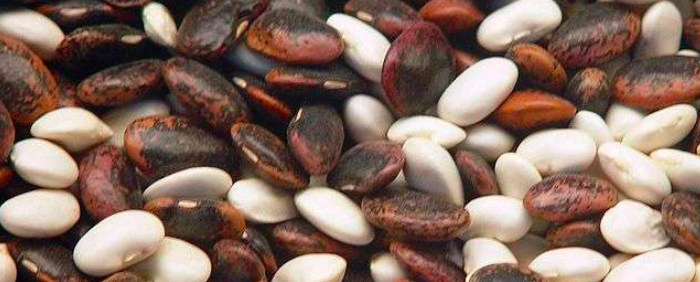
Seeds: what selections and varieties for quality?
March 27, 2020The selection of the best varieties has been around since agriculture started. For example, the rustic varieties of wheat, which included only a few grains per ear, became the wheat known to our grandparents, and the salads became tender and crunchy as desired. The pathological outcome of this selection process is the GMO. Between the 2, […]
Read More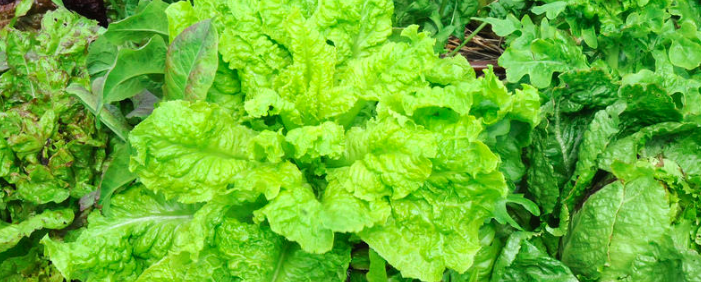
Small lesson in agronomy (2/2)
March 26, 2020The first scientist who will be interested in the clay-humic complex is Darwin. Darwin will be the first to give a scale of human remains, because if you make profiles you will see that the cut stones are found in depth, then the Roman mosaics, then the remains of the Middle Ages. It is not because the […]
Read More
Small lesson in agronomy (1/2)
March 26, 2020Protect soil to preserve biodiversity An intervention by those called “the doctors of the earth”, or in any case, one of the two: Claude Bourguignon will tell us about his journey and the soil. Claude Bourguignon: First, I would like to thank the organizers of the 2nd international session on biodiversity, who invited us. I would […]
Read More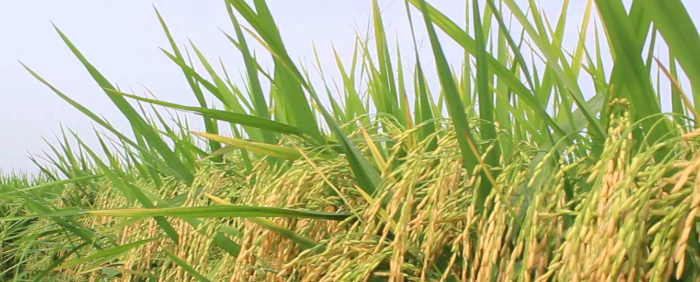
Sustainable food: quality, access to all, seasonality and proximity
March 26, 2020Food and drink rich in sugar and fat, the imbalance of nutritional intake, as well as chemical contamination of our diet (including the presence of multiple pesticides) are pointed out. In the aim of a balanced and diversified diet, an increase in the consumption of fruits and vegetables and whole grains is necessary. A food policy […]
Read More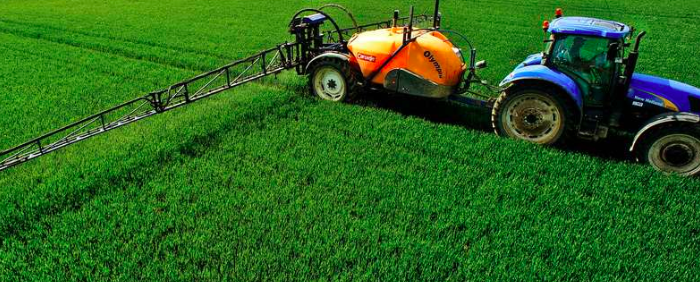
Aquitaine Cultivates Biodiversity
March 26, 2020From 2001, a group of farmers in Aquitaine felt the need to mobilize on the origin, quality and diversity of the varieties used in organic and sustainable farming systems. They decide to set up actions which will make it possible to reclaim the know-how in evolutionary selection and in self-production of peasant seeds on their […]
Read More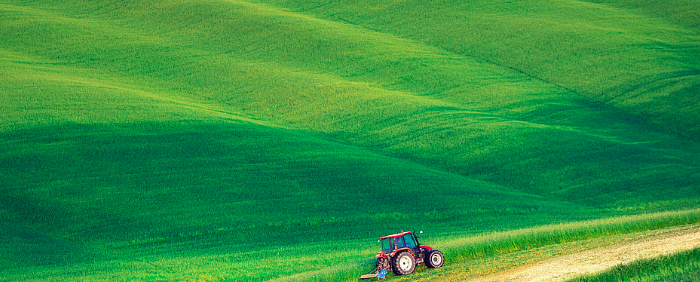
Walloon Code of Agriculture
March 26, 2020Wednesday, March 26, 2014, the Walloon Code of Agriculture was finally adopted by the Walloon Parliament. Nature & Progrès, an association defending organic, family and food farming, representing 7,000 Walloon consumers, would like to congratulate the arrival of this codification for the agricultural sector. We particularly underline three strong points of this new text. Balance between production […]
Read More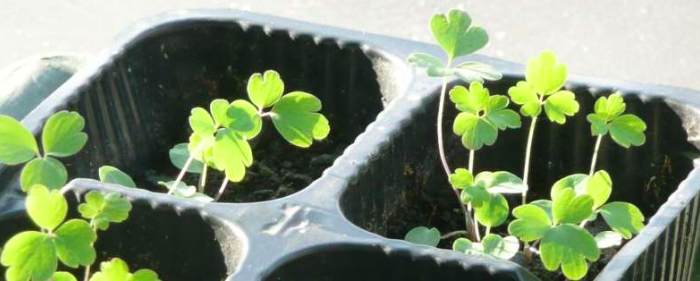
40 hectares to be shared for permaculture and organic
March 26, 2020Food rebirth of a land where death swarmed I am a small organic peasant from the north of France, from the Somme exactly and I would like to launch a Niemandsland project on my land to create a fashionable oasis from your home … I am not lucky with Amanins who started with a generous […]
Read More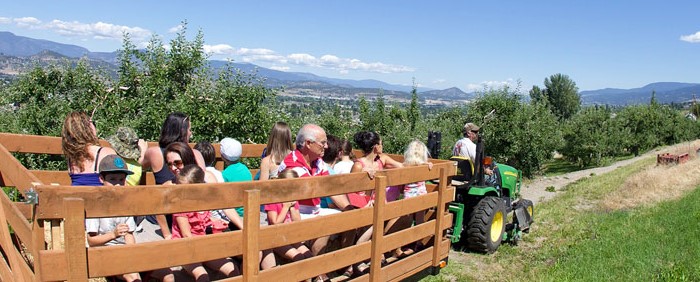
Test area in Agriculture
March 26, 2020An innovative solution for sustainable agricultural installations The test space is an innovative solution for sustainable agricultural installations. It combines the approach to allow holders of agricultural projects to test, validate, create in a secure environment while being a complementary tool to existing systems in the context of progressive installation. The agricultural activity test, why? To […]
Read More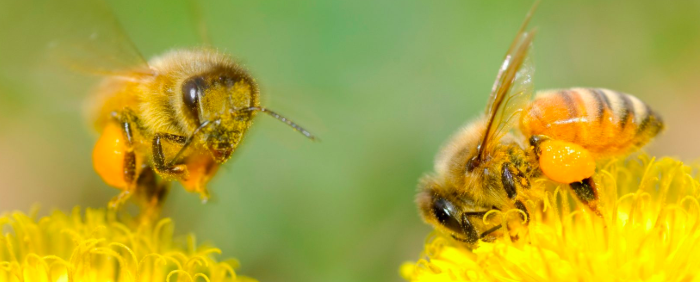
What is killing our Bees?
March 26, 2020The colony collapse syndrome The abnormally high and unexplained mortality of bees started several years ago. This phenomenon was named syndrome colony collapse (in English, Colony Collapse Disorder : CCD). CCD is a great cause for concern and a lot of resources are being invested to combat it. Researchers have struggled to summarize the causes clearly, but there are several […]
Read More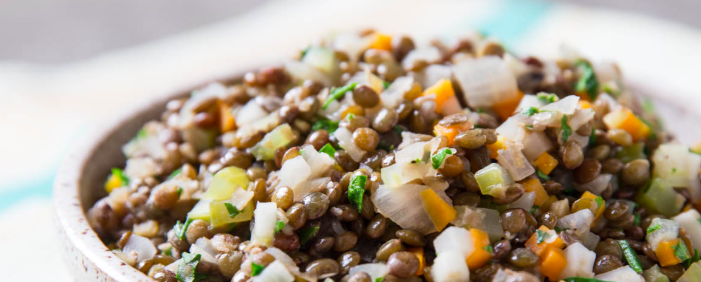
French lentils, quality lentils
March 22, 2020Shunned in recent years, this legume is becoming fashionable again in diets with a vegetarian tendency. If, throughout the world, blond and coral lentils are the most consumed, in France, we prefer green lentils from Puy or Berry which are experiencing a real craze. An antique dish! The lentil was domesticated by the first farmers at […]
Read More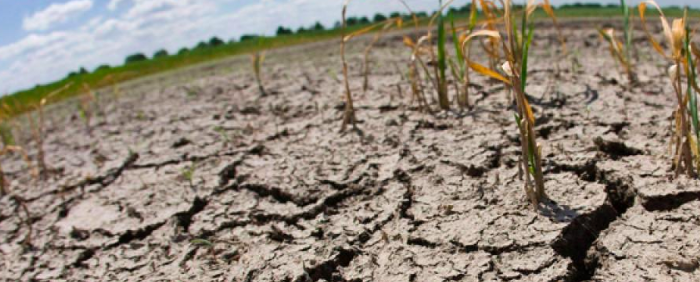
Drought and Agriculture: how can we adapt plants to lack of water?
March 22, 2020Climate change is a reality that affects the yield of all crops in temperate zones, Rethinking agricultural practices Farmers have already changed the planting dates, with earlier planting in all field crops. This is a risk in case of late frost, but it allows for example wheat harvests before the droughts of early summer, while reducing […]
Read More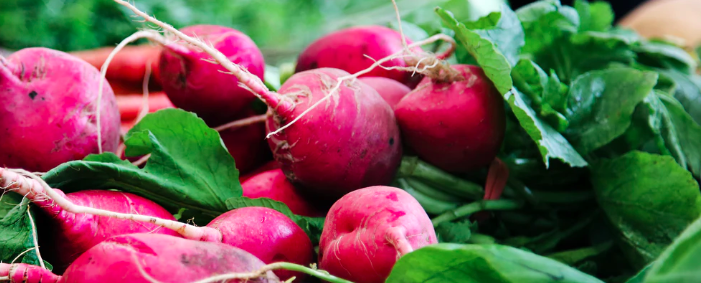
Winter Radishes – Delight to our plates
March 8, 2020No longer having a radish is an unenviable situation, but not having radishes for the winter in the vegetable patch is also a great shame. Radishes are vegetables of great dietary value, and very easy to grow. We are not talking here about the small radishes of every month, with fine pink and white (or red) skin, […]
Read More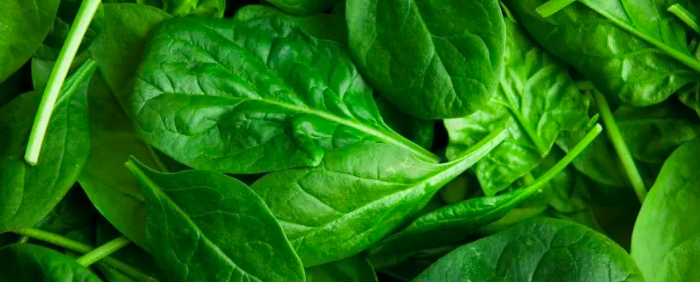
Spinach – The Good Leaves – The Myth of Popeye
March 8, 2020Spinach has not left our plates since the reign of Catherine de Medici, fond of “Persian herb”. The varieties of spinach grown today in our latitudes all descend from the “big spinach”, obtained by plant selection in the middle of the 17th century. The “spinach” plant was named in 1753 by the inescapable Swedish naturalist Carl […]
Read More